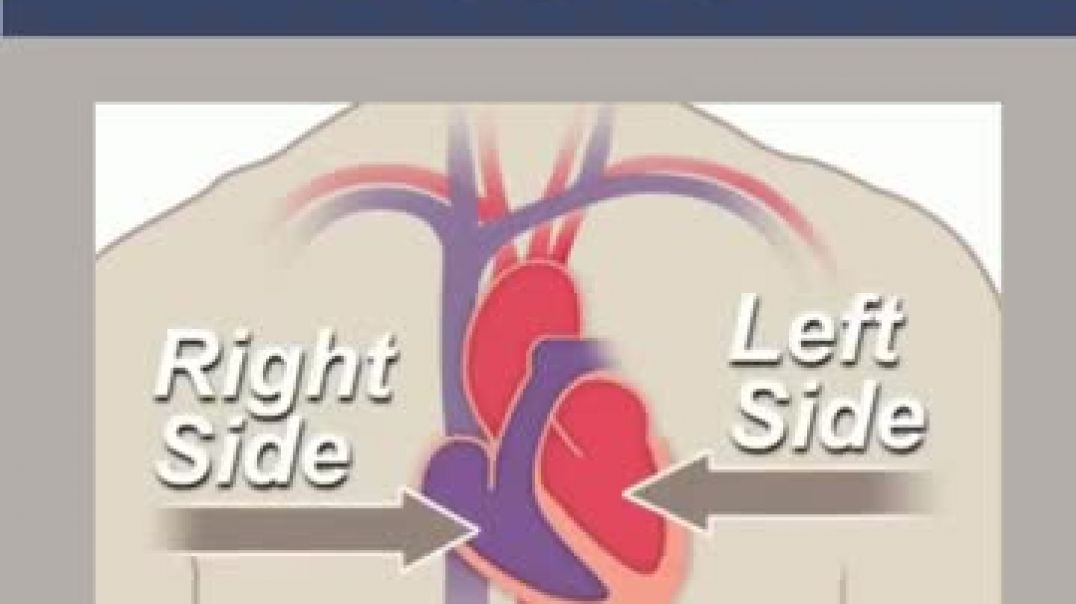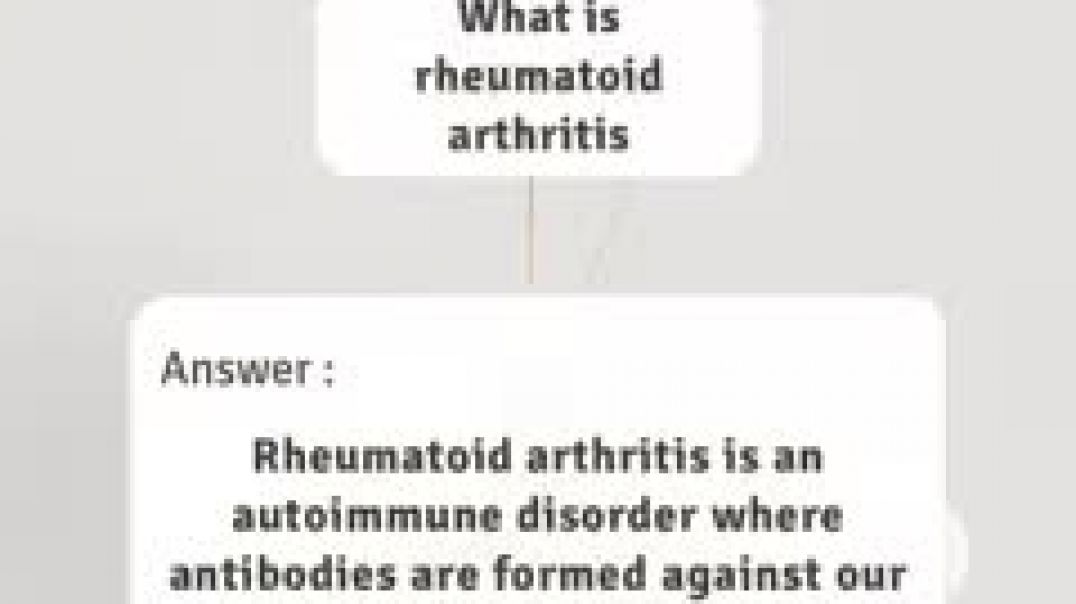Redefining Cancer Treatment: The Role of Hippocrates Philosophy in Contemporary Oncology
The quote by Hippocrates, "As to diseases, make a habit of two things—to help, or at least to do no harm," carries profound significance in the field of medicine. While the principle of "do no harm" is commonly emphasized and followed, Hippocrates reminds us that the primary focus should be on providing assistance and aid to those in need.
By highlighting the importance of helping, Hippocrates emphasizes that healthcare professionals should actively seek opportunities to make a positive impact on the well-being of their patients. Merely refraining from causing harm is not enough; they should strive to offer genuine assistance and support in combating diseases and improving overall health.
Furthermore, Hippocrates acknowledges the interconnectedness of three essential factors in the medical field: the disease, the patient, and the physician. This recognition reflects the holistic approach to healthcare that emphasizes the multifaceted nature of healing. The physician is positioned as a servant of the art, indicating a sense of duty and responsibility to provide the best possible care for the patient.
In this context, the patient's active participation and cooperation become crucial. Hippocrates emphasizes the importance of a collaborative relationship between the patient and the physician. Both parties must work together to combat the disease effectively. This underscores the significance of open communication, trust, and shared decision-making between healthcare professionals and patients.
Ultimately, Hippocrates' quote serves as a reminder that the fundamental goal of medicine is to provide help and support, going beyond the mere absence of harm. It calls upon healthcare professionals to approach their practice with compassion, empathy, and a commitment to making a positive difference in the lives of those they serve.
-
Category



















![Actinic Keratosis Treatment and Cancer Potential - Eyelid, Face, and Neck [Dermatology Course 32/60]](https://i.ytimg.com/vi/ffcHWDpKZqQ/maxresdefault.jpg)


No comments found